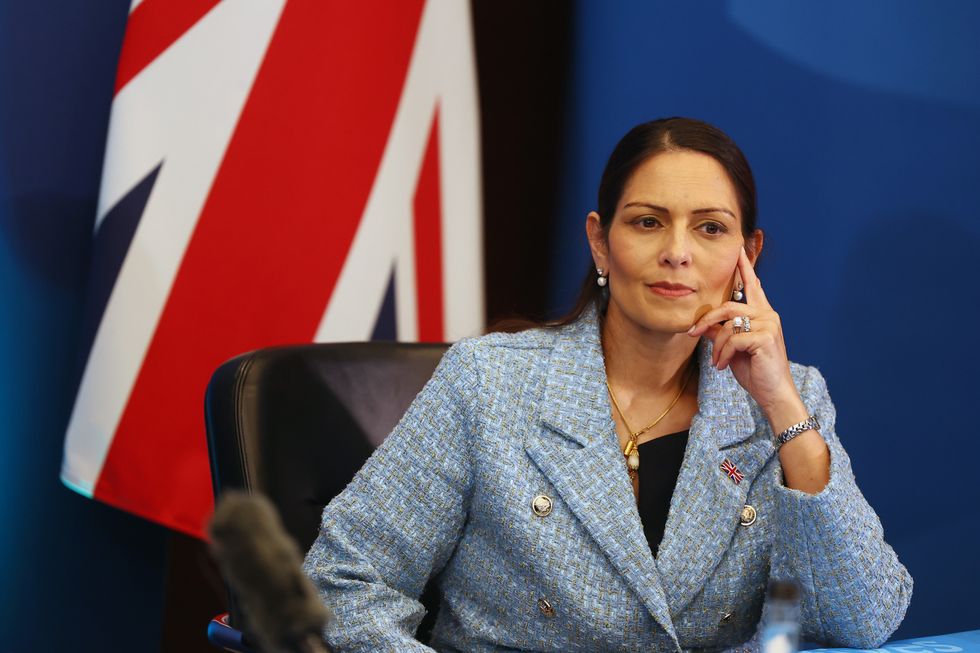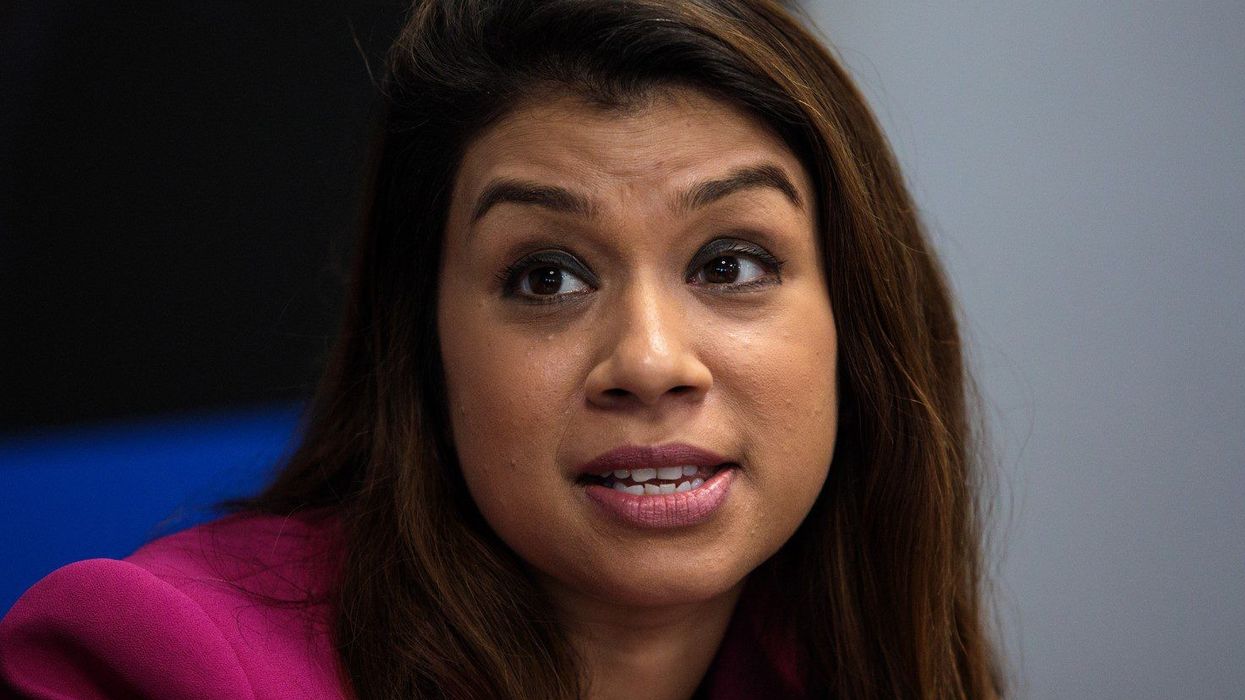HERE’S a list of Asian women politicians who have got into trouble in recent years for one reason or another – Rushanara Ali, Tulip Siddiq, Suella Braverman, Priti Patel, Baroness Pola Uddin and Rupa Huq.
Is it that they are held to higher standards than others? Or do some allow their greed to get the better of themselves, especially when it comes to expenses?
If there is a lesson, it is that Asian women going into politics have to be like Caesar’s wife. The Latin version is sometimes loosely quoted as Uxorem Caesaris tam suspicione quam crimine carere oportet. The phrase originates from an incident involving Julius Caesar and his wife, Pompeia. When allegations of an affair arose, even though Caesar claimed to know nothing of any wrongdoing, he divorced Pompeia, stating, “Caesar’s wife must be above suspicion.” The idiom is used to highlight that those in positions of public trust must be beyond reproach and that their actions, and even the perception of their actions, can have significant consequences.

Rushanara Ali resigned last Thursday (7) as parliamentary under-secretary of state for homelessness and rough sleeping after being “accused of hypocrisy over the way she handled rent increases on a house she owns in east London”. Laura Jackson, one of her former tenants, said she and three others collectively paid £3,300 in rent. Weeks after she and her fellow tenants had left – apparently because the property was going to be sold – “the self-employed restaurant owner said she saw the house re-listed with a rent of around £4,000”.
Rushanara, born in Sylhet on March 14, 1975, and PPE graduate from St John’s College, Oxford, has been a Labour MP since 2010, first for Bethnal Green and Bow, and then, after boundary changes in 2024, for Bethnal Green and Stepney.

Her career is damaged as is that of Bangladeshiorigin Tulip Siddiq, who resigned on January 14, 2025, as economic secretary to the treasury. She was targeted by the regime in Dhaka after her aunt, Sheikh Hasina Wazed, the country’s prime minister, had to flee to India. Much of the mud thrown at Tulip is probably concocted. What was harder to understand was the way she either owned or rented various properties in London. She remains MP for Hampstead and Highgate where she was successor to the late Glenda Jackson, the double Oscar winning actress. The prime minister’s standards adviser, Sir Laurie Magnus, said he had “not identified evidence of improprieties” but it was “regrettable” that Tulip had not been more alert to the “potential reputational risks” of the ties to her aunt. It has to be said the new lot in Dhaka are not an improvement on Hasina.

Goan-origin Sue-Ellen Cassiana (“Suella”) Braverman (née Fernandes) has the distinction of twice having to quit as home secretary. She resigned as home secretary on October 19, 2022, from Liz Truss’s cabinet “following public claims that she had broken the ministerial code by sending a cabinet document using her personal email address. Six days later, she was reinstated as home secretary by Truss’s successor, Rishi Sunak. She was dismissed from her post by Sunak in the November 2023 British cabinet reshuffle.” She then sought vengeance by doing her best to bring down the Sunak government. She will probably join Reform if Nigel Farage promises her the job of home secretary should he win the next election.
Priti Patel resigned as international development secretary on November 8, 2017, amid controversy over her unauthorised meetings with Israeli officials. She was ordered back from an official trip in Africa by Theresa May, then prime minister, and summoned to Downing Street over the row. In her resignation letter, Priti acknowledged her actions “fell below the standards of transparency and openness that I have promoted and advocated”. Priti, born in the UK of Gujarati parents who came from Uganda, has undergone reincarnation as shadow foreign secretary under Kemi Badenoch. One of the Israelis she met in 2017 happened to be Benjamin Netanyahu, now prime minister. Priti is also a strong supporter of Narendra Modi.

Another Bangladeshi, Baroness Pola Uddin, was suspended in October 2010 following the findings of the parliamentary expenses committee. They found that from 2005 to 2010, Pola, then with Labour, named a flat in Kent as her main residence while living in a housing association property in Wapping. She returned to the Lords in May 2012 after repaying £125,349, the “largest amount of the United Kingdom parliamentary expenses scandal”.
In May 2023, Rupa Huq, Labour MP for Ealing Central and Acton since 2015, was stripped of the party whip after disparaging Ghanaian-origin Kwasi Kwarteng, chancellor under Truss: “He’s superficially, he’s, a black man but again he’s got more in common... he went to Eton, he went to a very expensive prep school, all the way through top schools in the country. If you hear him on the Today programme you wouldn’t know he’s black.”
Rupa and her TV presenter young sister, Konnie – both went to Cambridge University – were born in Britain of parents who came from East Pakistan (Bangladesh after 1971) in 1962.Rupa had her whip restored after five months, apologised for her remarks and indicated she did penance by undertaking “anti-racism and bias training”.
Asian women are to be commended for having the courage to go into politics but they should realise people look up to them as role models. Views in this column do not necessarily reflect those of the newspaper.




